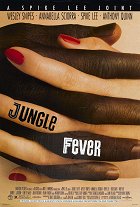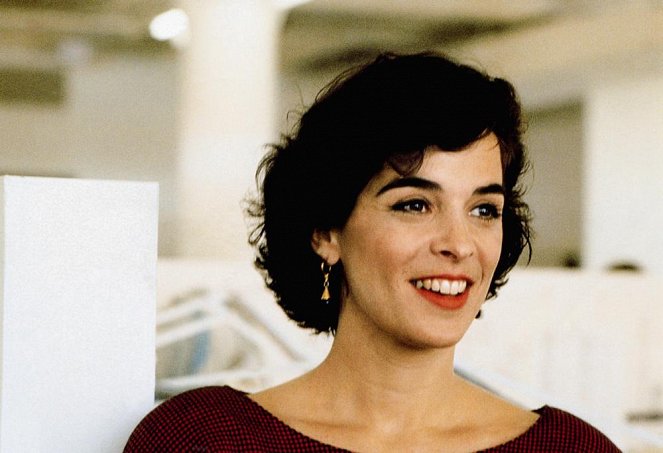Ohjaus:
Spike LeeKäsikirjoitus:
Spike LeeKuvaus:
Ernest R. DickersonSävellys:
Terence BlanchardNäyttelijät:
Wesley Snipes, Annabella Sciorra, Spike Lee, Ossie Davis, Ruby Dee, Samuel L. Jackson, Lonette McKee, John Turturro, Frank Vincent, Anthony Quinn (lisää)Juonikuvaukset(1)
The story of a romance between a young, married African-American architect from Harlem and an Italian-American woman from Bensonhurst, and the repercussions it has on their respective social circles. (jakelijan virallinen teksti)
Videot (1)
Arvostelut (1)
Jungle Fever is an activist film where the director's political attitudes play a dominant role, i.e., there's maximum emphasis on the emancipation of the black population in the USA and their social rise. In my opinion, it overdoes it because when, for example, a black woman finds out about her husband's infidelity, and yet, what is more important to her than the betrayal itself is that he betrayed his race with a white girl and she somehow overlooks the fact that the motivation was probably her younger age and the novelty. Practically all characters still deal with skin color and use this fact to justify their own opinions and the attitudes of others. The beginning of the 90s was of course not the same as today because, in those 20 years, the atmosphere in America has shifted. However, it was no longer the distinct 60s and besides, it's about New York, which has always had a special position and where the melting pot worked more reliably than anywhere else. So-called interracial marriages are not a common matter regardless of how the Hollywood mainstream looks and the TV productions of American stations, even today outside of big cities and university circles, but rather than skin color, religion or the class-based social caste system will probably play a role. In Jungle Fever, Spike Lee sometimes comes close to the more extreme positions of the Black Panthers and there is a sense of a fighting mood in him, which is typical in his early films as well. I prefer Spike Lee's later period when he abandoned this nationalist tone and made films like the stylish Inside Man. Overall impression: 60%.
()


